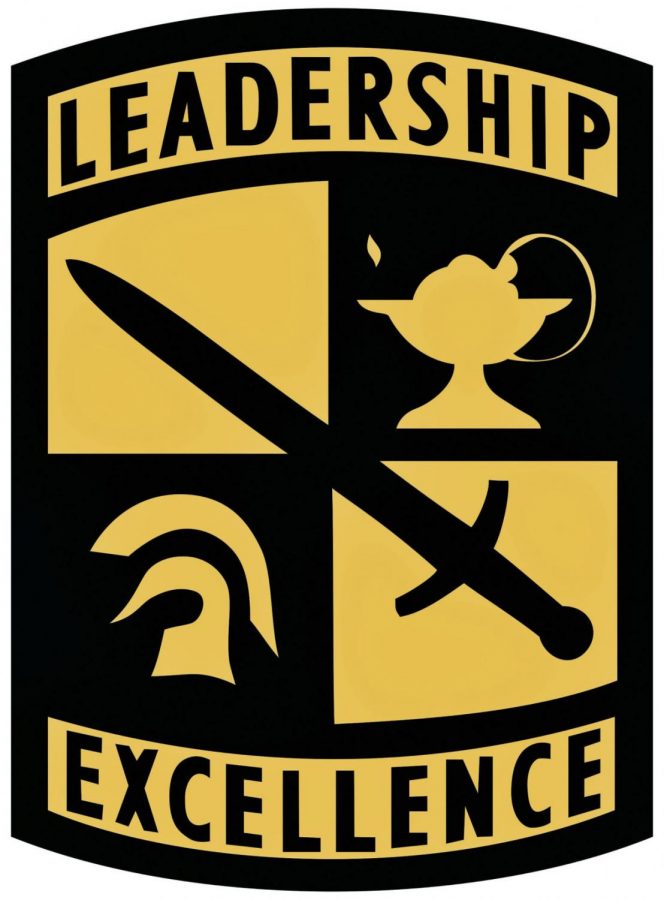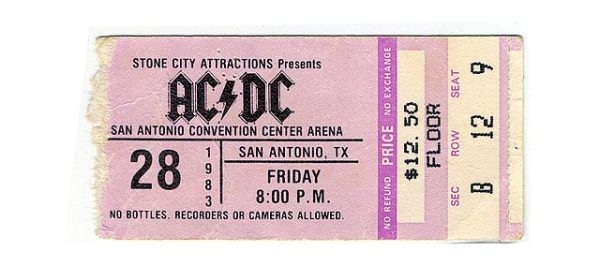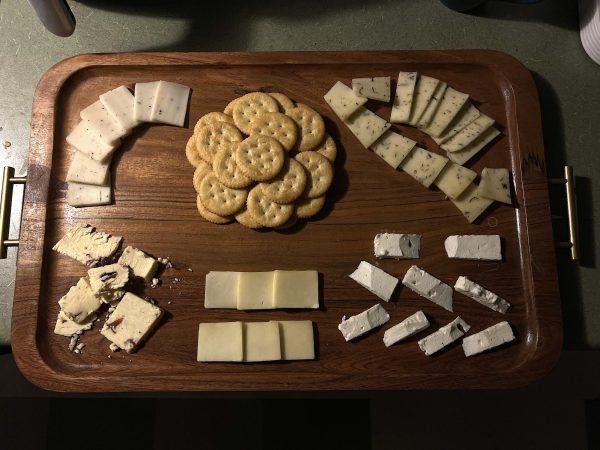VIEWPOINT: On-campus ROTC program would diversify student perspectives
The Reserve Officers’ Training Corps is a foreign concept for most students on campus. St. Edward’s University does hold a ROTC program, though most of its operations are done at the University of Texas at Austin.
Cadets, someone enrolled in ROTC, are allowed to major in whatever they so choose. When they complete their undergraduate degree, they do not have to fret with finding an entry-level position. They are required to serve a certain amount of time in whatever branch of the armed services they choose. It purely depends on the contract per individual.
Cadets have the benefit of still living a civilian life. They can hold part-time jobs, join fraternities and sororities and join sports programs or community service programs. Military life is purely part-time until graduation. Cadets will still have to participate in programs such as morning formation and physical fitness, but that’s a small part of anyone’s day. Cadets will need to commit some weekends to ROTC too, but that seems a small sacrifice in coming out of university debt free.
The culture of this campus is incredibly diverse in everything but its politics. The conservative view is often attacked viciously in discussions by students aiming at generalizations. People are quick to criticize military spending and the concept of war when soldiers are seen as shadow figures rather than actual people. If there were more student-soldiers in the classroom, we might have a more visible representation of conservative and moderate views.
In an environment where we are led to believe the liberal view is the only right view, it is hard to offer dissent. People are often comfortable in groups where they are in the majority or have a others agree with them — the echo chamber effect is a prominent one. They don’t venture off into views they disagree with. The students and sometimes even faculty here are guilty of this. Have we actually taken the time out to listen to the other side?
The majority of politics in service members tend towards a moderate or right wing view of the world. Our university and our students could benefit from listening to the other side. Instead of stone walling any discussion you disagree with, sit down and listen.
We need to allow ourselves to understand why people see things a different way than us. It would help us prepare for the world outside of university, where hiding ourselves from those with a different opinion isn’t always an option.
To ‘take on our world,’ we need more than just our own point of view.







